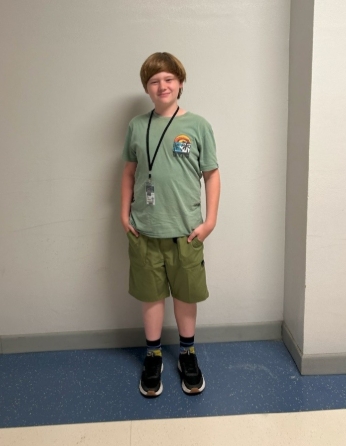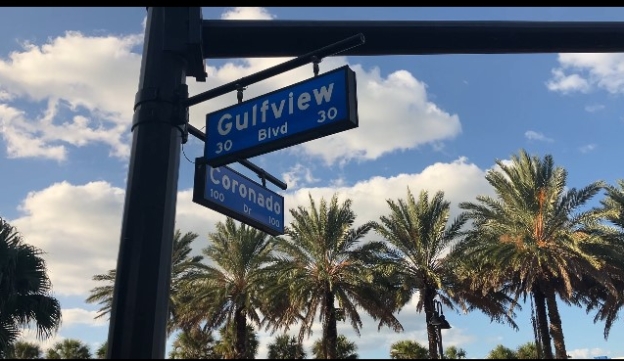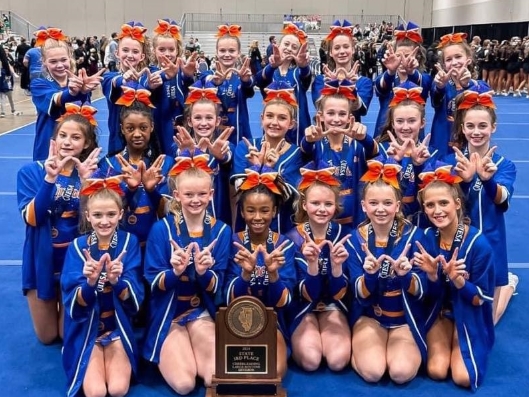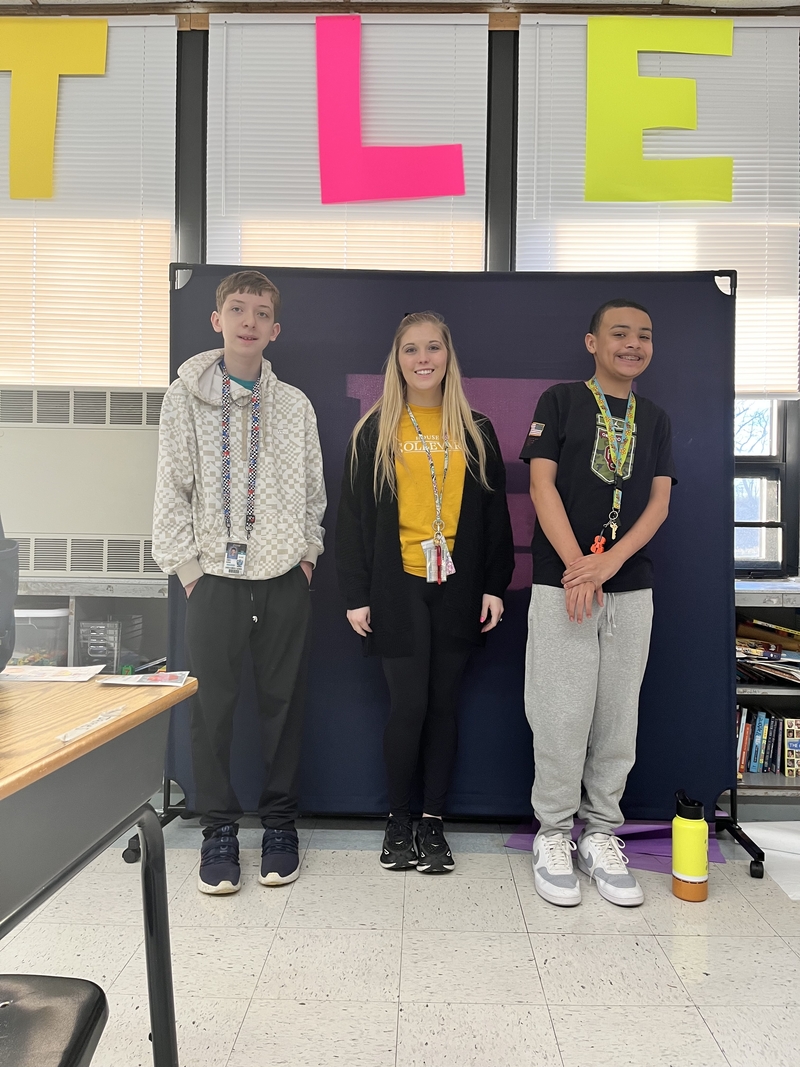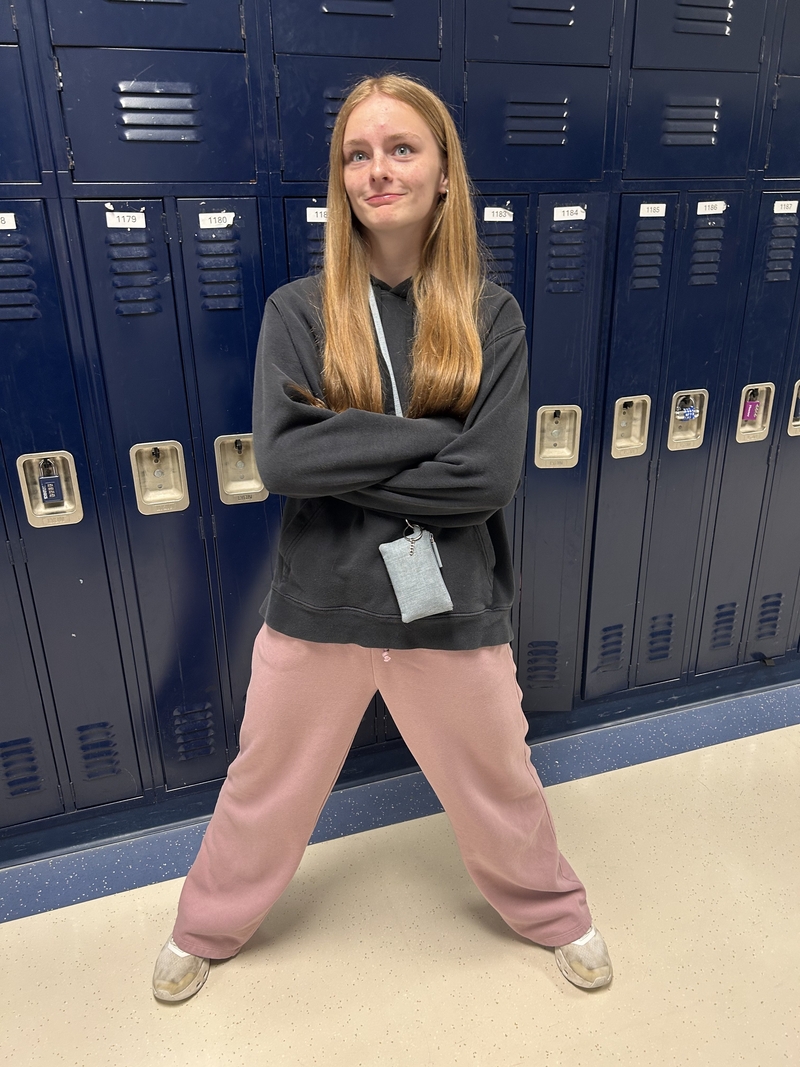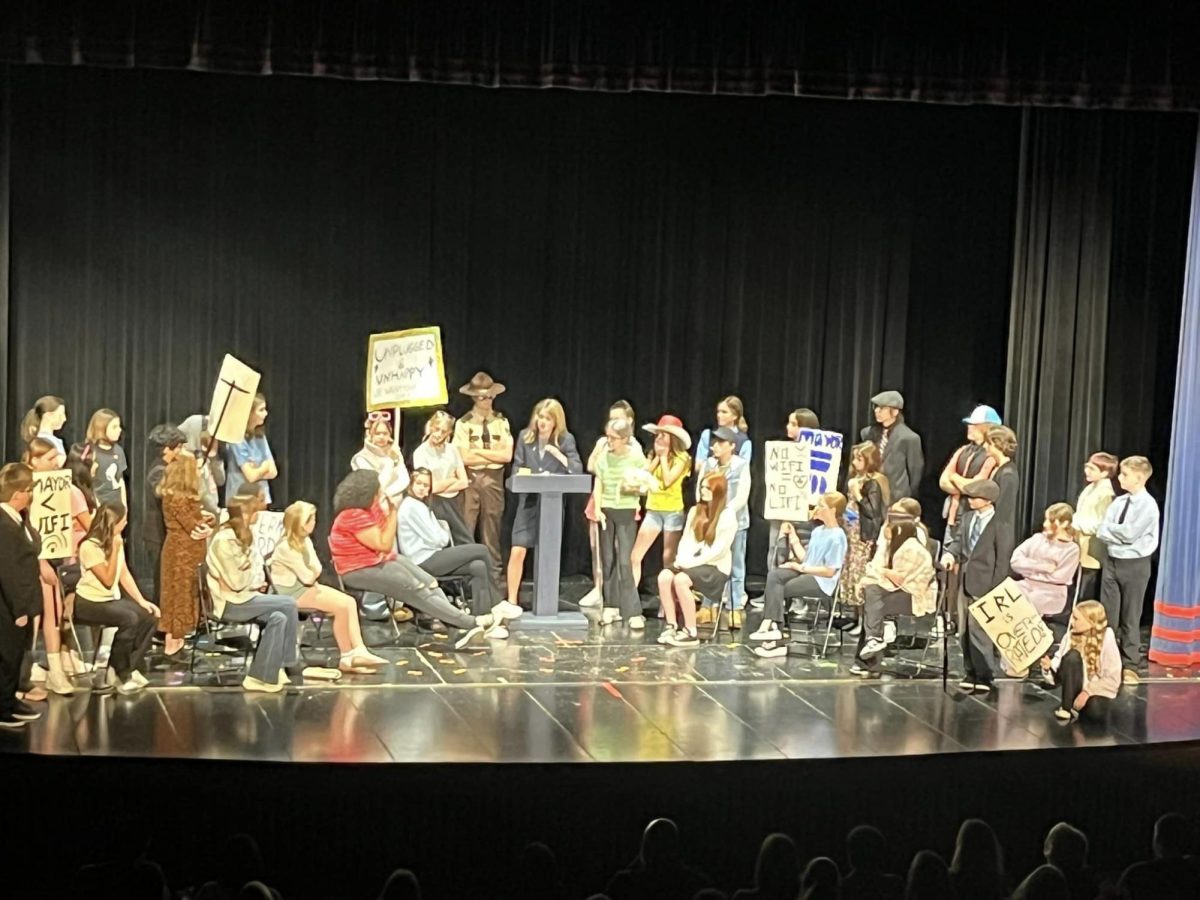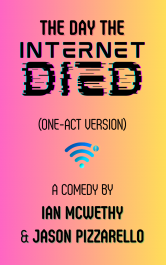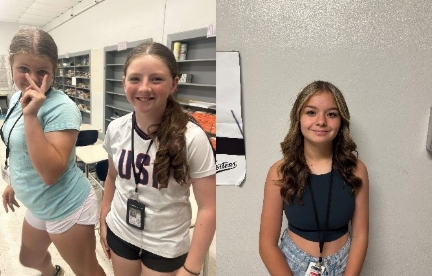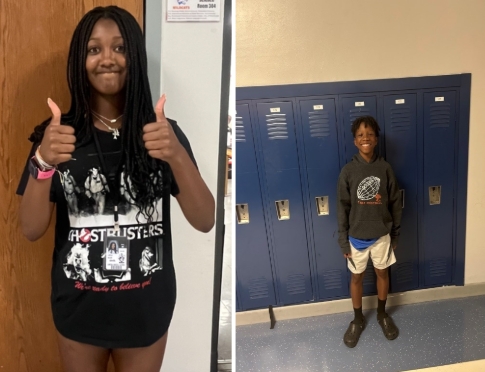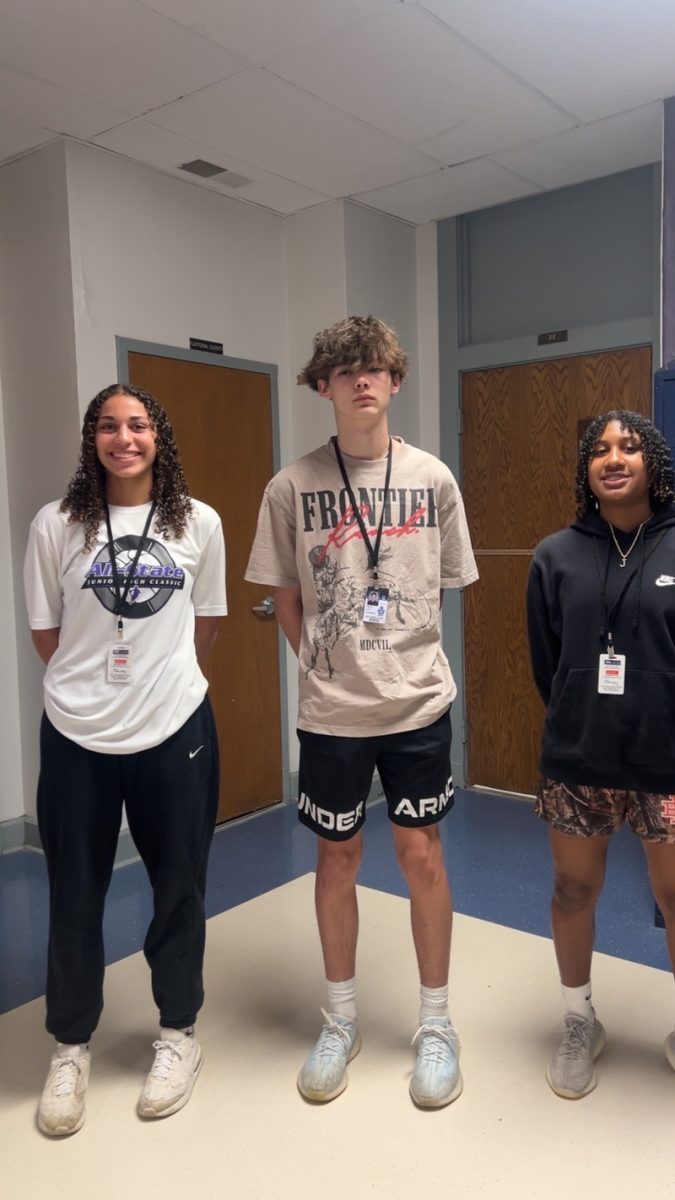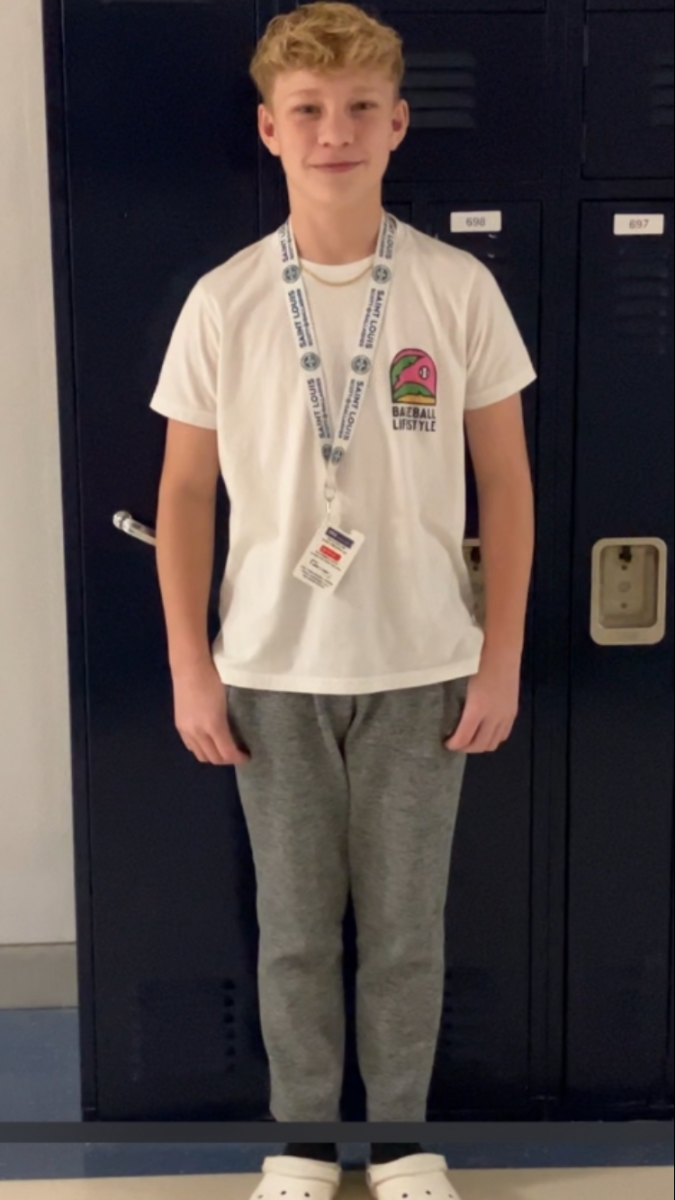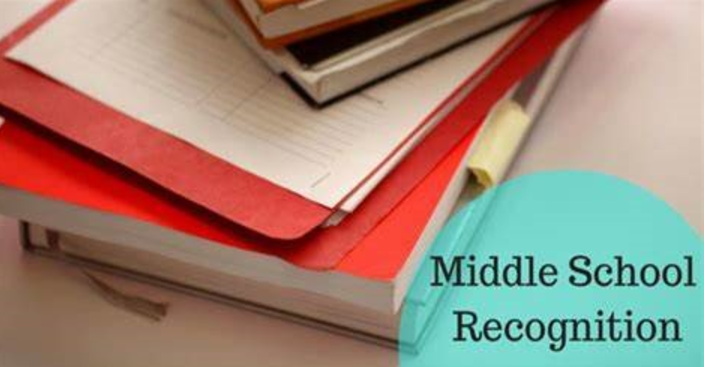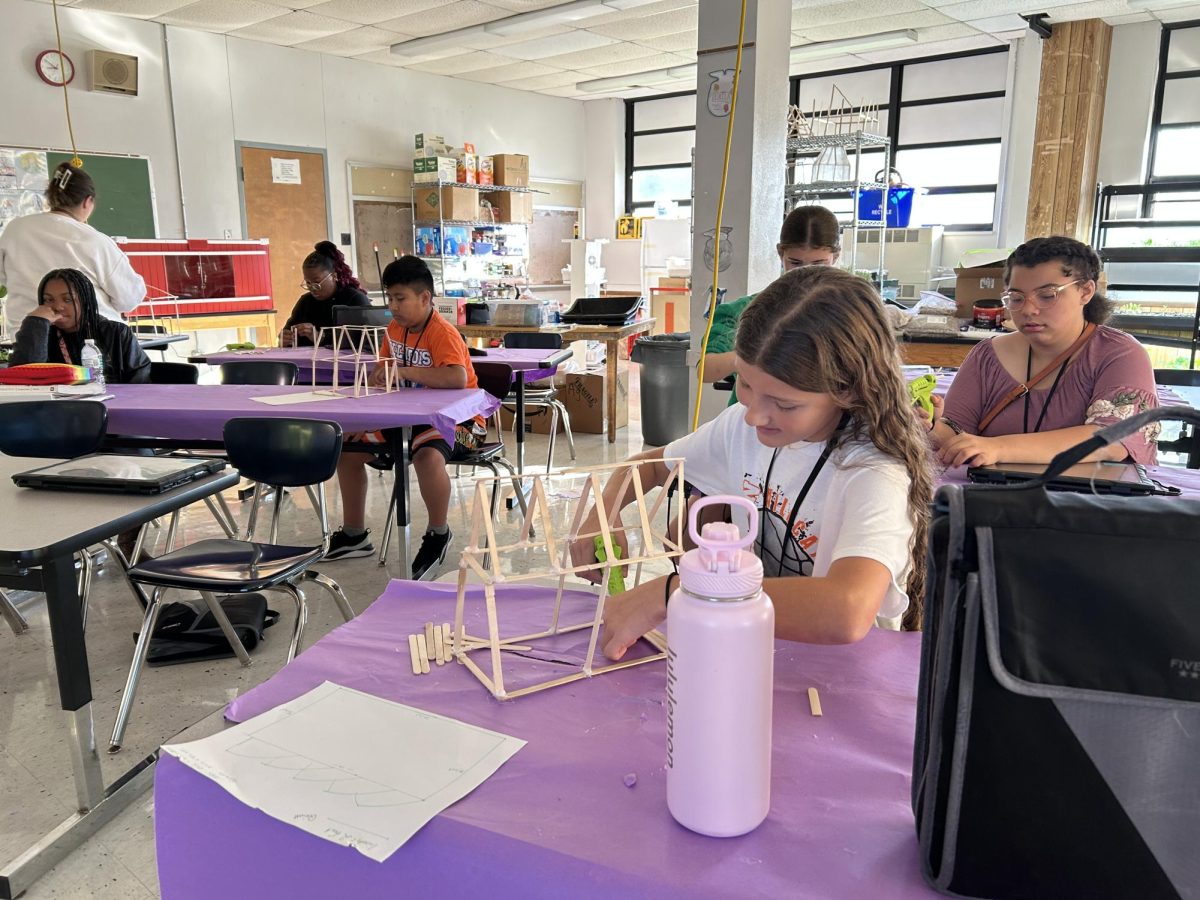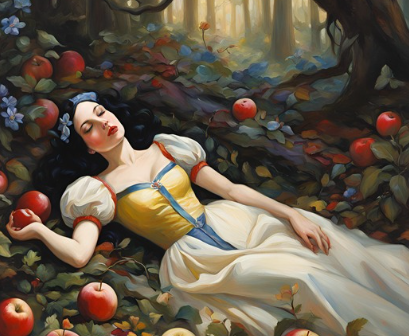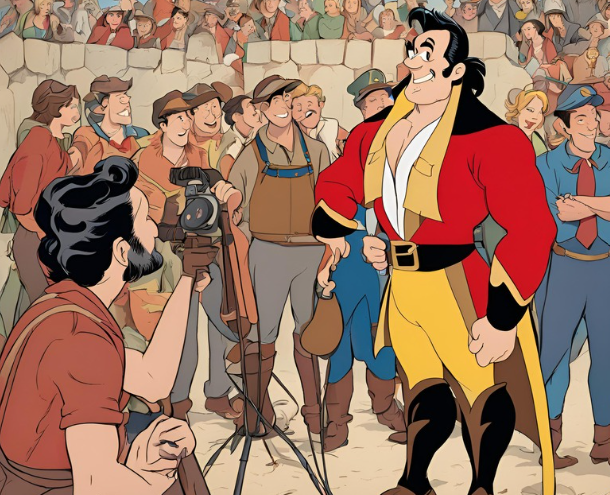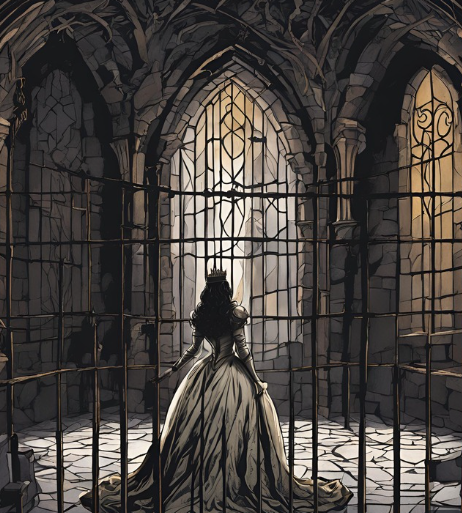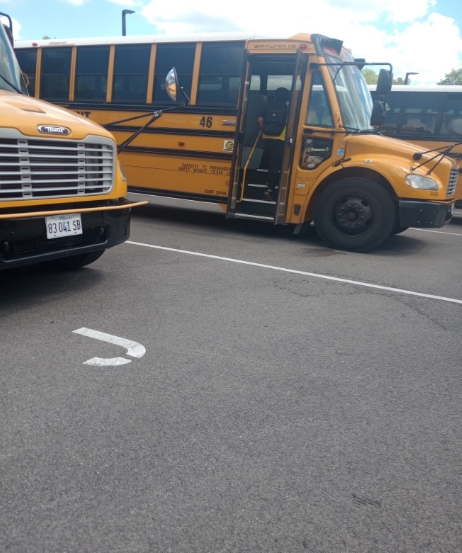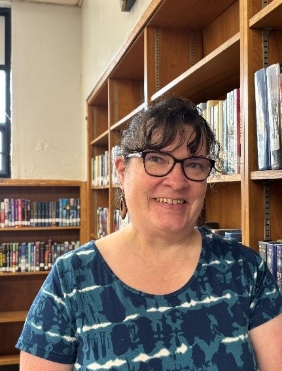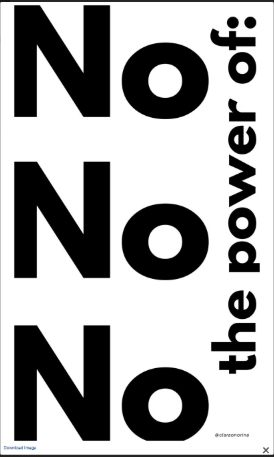
Have you ever been curious about what school counselors actually do—or how they view challenges like peer pressure that students deal with every day?
I recently had the opportunity to interview two of our school counselors, Mrs. Childs and Mrs. Scoggins, and learned a lot about their jobs, their motivations, and their take on some common struggles students and adults face.
Interview with Mrs. Childs
Why She Became a Counselor
When I asked what made her want to become a counselor, Mrs. Childs shared that people often told her she was a good listener when she was younger. She found herself comforting others naturally and realized that helping people came easily to her. Over time, she discovered that she not only enjoyed listening to problems but also loved helping others figure out solutions. That’s what led her to pursue counseling as a career—so she could work with students and support them in meaningful ways.
When Peer Pressure Hits the Hardest
Peer pressure can show up in many forms, and Mrs. Childs had a lot to say about it. She explained that peer pressure isn’t always negative—in fact, it can be positive, too. For example, if you’re on a track or cross-country team and you feel too tired to run, seeing everyone else working hard might push you to keep going. Or in math class, if you’re not in the mood to focus but notice your classmates are all doing their work, you may follow their example. On the flip side, negative peer pressure can show up when you feel like you need to act “cool” or “nonchalant” just to avoid standing out, even if that’s not really who you are. It can be subtle, but it still affects the choices we make.
How to Handle Peer Pressure
Mrs. Childs believes that one of the best ways to handle peer pressure is by knowing your values and who you are as a person. She emphasized the importance of recognizing what’s negotiable for you and what’s not. If you stand firm in your morals, people tend to notice and stop pressuring you. “They tend to back down,” she said, especially if you’re confident and consistent about your boundaries.
Why Peer Pressure Affects Us So Much
According to Mrs. Childs, peer pressure affects everyone—not just students. However, she believes middle schoolers are especially vulnerable to it. That’s because “the feelings are bigger” at this age, and students are still figuring out who they are. When we don’t fully know what we value or stand for, it becomes easier to be swayed by others. She also mentioned that some students feel the need to “blend in” or go along with the crowd just to survive middle school. “Sometimes kids are just trying to test out their power,” she said, especially if they’re feeling insecure or unsure of themselves. Sadly, that can lead to mean behavior toward others, even if it’s not intentional.
Movies vs. Real Life
I asked Mrs. Childs if she thinks peer pressure is shown accurately in movies and TV shows. Her answer: “Sometimes yes, sometimes no.” While some shows get it right, others might exaggerate or oversimplify it. She pointed out that in real life, the people we’re around every day have a much stronger impact on our emotions and decisions than what’s often shown on screen.
Her Own Experiences with Influencing Others
Mrs. Childs also shared that she’s influenced friends in both positive and negative ways. On the positive side, she’d encourage her friends to try new things—like going to the movies or watching a new show. But she admitted that sometimes she’d pressure her friends, even jokingly, to cancel plans just so they could hang out with her. “That’s negative peer pressure too,” she said honestly.
Interview with Mrs. Scoggins
Why She Became a Counselor
Mrs. Scoggins said she became a counselor because she enjoys helping people through tough times. Listening to their problems and helping them find solutions is something she finds meaningful. She also shared that she chose this field because she really enjoys working with kids and students.
How Her Day Was Going
When asked how her day was, she smiled and said it had been “good and pretty easy.” It’s always nice to catch someone in a good mood for an interview!
When Peer Pressure Affects Students the Most
Mrs. Scoggins thinks peer pressure hits hardest when students are trying to fit in with their friends. That desire to belong can really influence how people act—even if it goes against what they believe in.
How to Handle Peer Pressure
Her advice for dealing with peer pressure? Stay true to yourself. She said it’s important to know the difference between right and wrong, especially in difficult situations where pressure from others might feel strong. If you keep your own values in mind, it becomes easier to make smart decisions.
Why It Has Such a Strong Impact
According to Mrs. Scoggins, peer pressure is powerful because everyone wants to be accepted. Wanting to fit in is normal, and sometimes students feel like they have to act a certain way just to be included. That desire can push people to make choices they wouldn’t normally make.
Movies vs. Real Life
She thinks that peer pressure in movies and TV shows can be over-exaggerated at times, but the main idea behind it is still based on reality. It may not always look the same, but the feelings and situations portrayed are often relatable.
Her Own Experiences with Peer Influence
When asked if she’d ever influenced someone to do something, Mrs. Scoggins said she probably has, but nothing specific came to mind. Like most people, she’s been on both sides of peer pressure at some point.
Final Thoughts
My interviews with Mrs. Childs and Mrs. Scoggins showed me how important counselors are—not just for solving problems, but for understanding what we’re going through as students and adults. Peer pressure is a real challenge, but with the right support and self-awareness, we can handle it better. The biggest takeaway? Know who you are, and don’t be afraid to stand by that.
